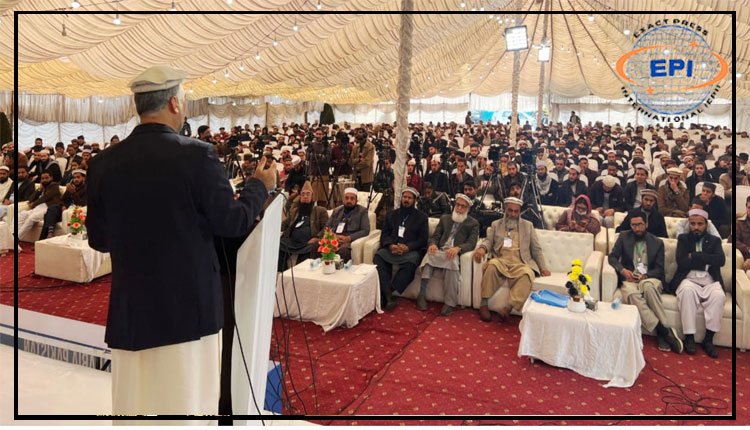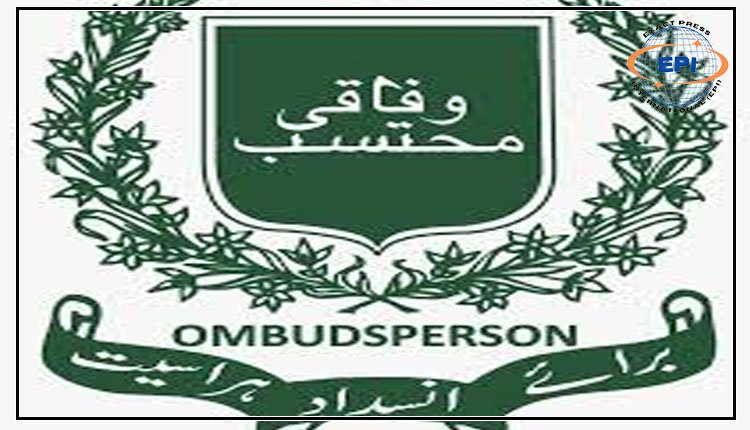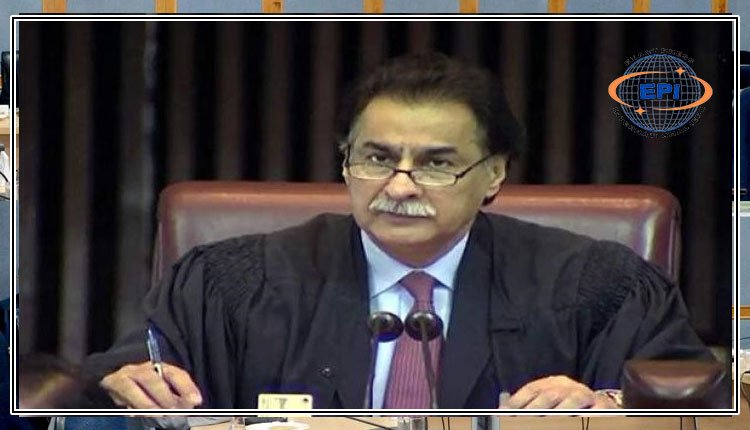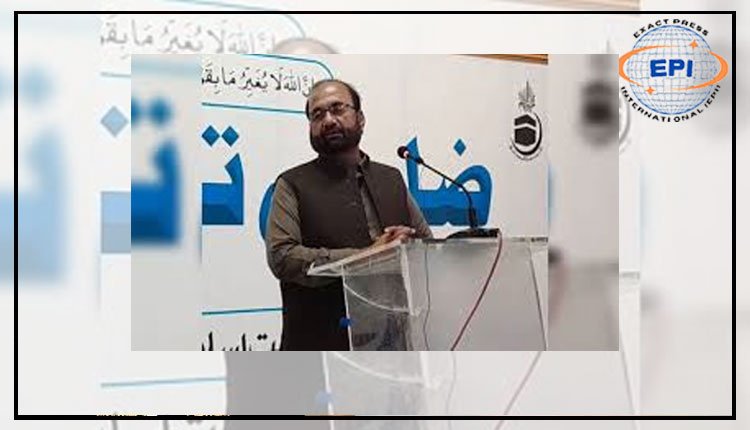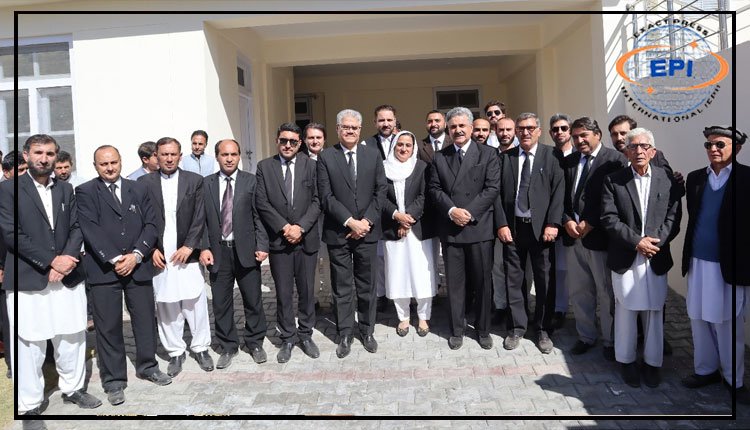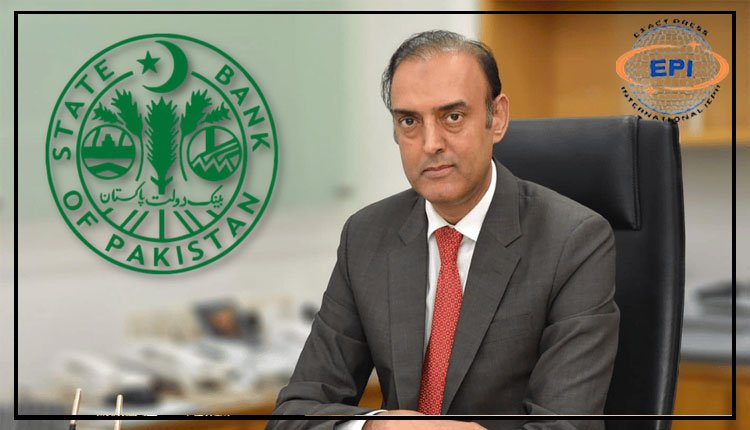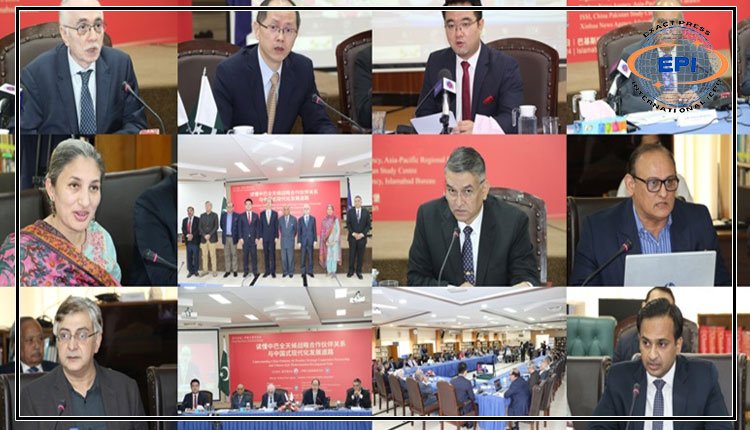ISSI hosts Hong Ting Forum: Dialogue in Islamabad in collaboration with Xinhua News Agency
ISLAMABAD, Oct 18 (EPI): China Pakistan Study Centre at the Institute of Strategic Studies Islamabad (ISSI) in collaboration with Xinhua News Agency organised the Hong Ting Forum: Dialogue in Islamabad titled “Understanding China-Pakistan All-Weather Strategic Cooperative Partnership and Chinese-Style Modernization Development Path.”
The event highlighted China’s unique national modernisation and the importance of the China Pakistan All Weather Strategic Cooperative Partnership. Participants included notables from the diplomatic community, academia, think tanks and civil society.
During his welcome remarks, Jiang Chao, Bureau Chief Xinhua News Agency, stated that under the strategic guidance of the leaders of both countries, the China Pakistan friendship has stood the test of time.
He added that comprehensiv reform and promoting the Chinese style modernization under the 18th CPC Central Committee has led to a new milestone. This has also facilitated strengthening the China Pakistan All Weather Strategic Cooperative Partnership.
Mr. Mudassar Iqbal, Deputy Director Associated Press of Pakistan, commended China’s people centered approach to modernization which has resulted in the fruits of growth reaching the people. Pakistan also aspired to follow a similar path to modernization and development. Furthermore, China’s sustainable and ecological development is also a guiding beacon that can serve as a model for developing nations including Pakistan.
Dr. Salma Malik, Associate Professor Quaid-i-Azam University, stated that the Chinese modernization is rooted in Deng Xiaoping’s cardinal principles which included rejuvenation of the Chinese nation, strengthening China’s global position, envisioning a new type of the development of Communist Party’s own principles. She said that the cardinal principles create harmony between nature and humanity which is reflected in the greening of CPEC and BRI projects.
Dr. Hassan Daud Butt, Associate Professor Bahria University Islamabad, stated that the China Pakistan Economic Corridor (CPEC) remains the buckle of the belt in the Belt and Road Initiative, where CPEC is still the most inclusive, vital and progressive of all BRI corridors. Developing countries can also walk the Chinese path to middle and higher income levels by following the Chinese model of development and modernization.
Mr. Farrukh Pitafi, Senior Anchorperson, emphasized that storytelling has always been vital in building positive narratives and that the China story has always been a part of Pakistan’s national narrative. It is high time that a retelling of the story of Pakistan-China relations is undertaken by media of both countries.
A comprehensive CPEC media strategy must include in its goal to help Chinese people understand Pakistan and Pakistani people understand China better. It must also rebut any negative propaganda directed against CPEC and BRI.
Mr. Shi Yuanqiang, Deputy Head of Mission of the Embassy of China in Pakistan, during his remarks stated that continuous reforms and opening up is an important step in the development path of China.
He added that Premier Li Qiang’s recent visit to Pakistan marks another significant step in strengthening the China-Pakistan All Weather Strategic Cooperative Partnership.
The leadership of both countries agree on supporting and promoting the Three Initiatives namely the Global Development Initiative, Global Security Initiative, and the Global Civilization Initiative, in addition to promoting CPEC and people-to-people relations between both countries. He also added that any attempts to undermine cooperation between both countries by acts of terrorism shall yield no result.
Ambassador Masood Khalid, former Ambassador of Pakistan to China, in his keynote address stated that China has made significant developments to the world including building the Great Wall, introducing meritocracy and building the great canal system. China’s development journey has been marked with the economy growing from $2.286 trillion in 2005 to $18 trillion today.
He added that the China-Pakistan relationship is a special high priority relation and any attempts to sabotage it is bound to fail. Pakistan can learn a lot from the Chinese approach to modernization. However, it is important to take a whole-of-government approach in order to make use of CPEC and BRI as a learning opportunity for development.
Earlier in his introductory remarks, Dr. Talat Shabbir stated that China and Pakistan shared a history of exceptional relations that have matured into a comprehensive, multi-faceted partnership addressing the political, economic, strategic, and cultural aspirations of both nations. President Xi Jinping’s Chinese-style modernization offers invaluable lessons for Pakistan as we chart our own path towards sustainable development.
In his closing remarks, Ambassador Khalid Mahmood, Chairman BOG ISSI, stated that Chinese development is a path of constant struggle and reform. China’s vision of a Community with Shared Future for Mankind does not mean the imposition of its worldview but rather a prescription of how countries should adopt a development path suited to their own needs.
Ends-Exact Press International-

